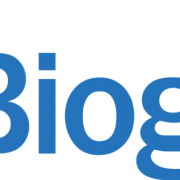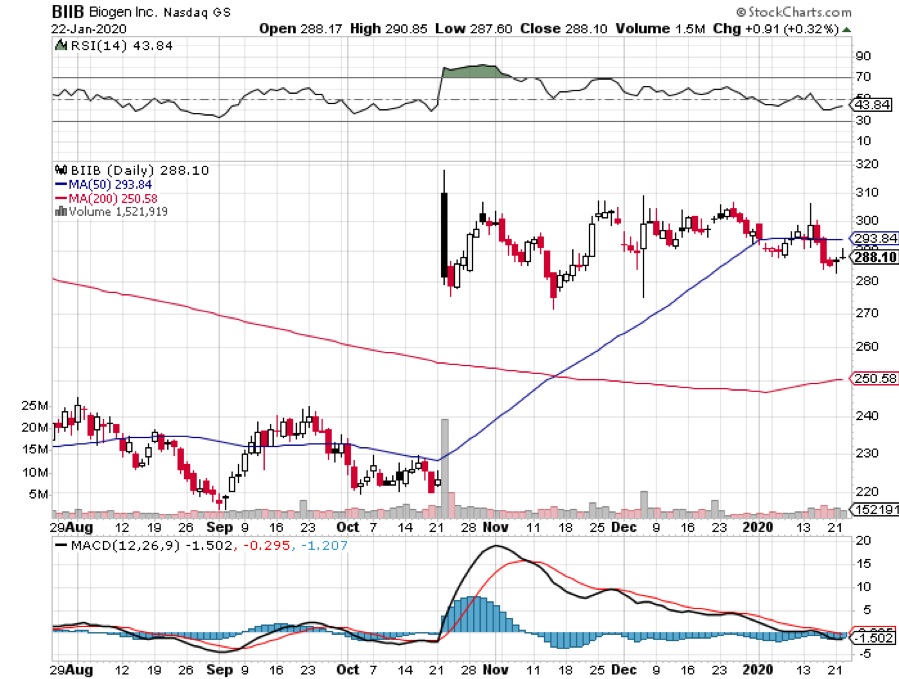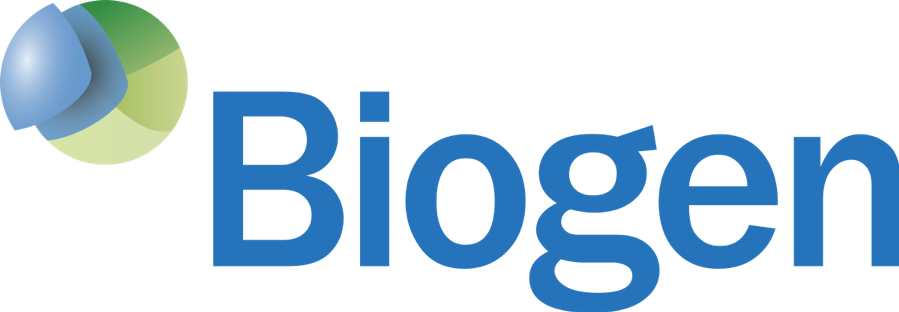Biogen’s Big Alzheimer’s Bet
Biotech giant Biogen (BIIB) failed to impress in 2019. Surprisingly, the company is sticking to its strategy this 2020.
Despite the majority of biotech companies posting market-beating gains last year, Biogen’s shares suffered a 1.4% loss to their value. Taking a look at its performance, there are three obvious reasons why Biogen stock lost ground in 2019.
For one, its revenue generation, particularly for the multiple sclerosis portfolio, flatlined last year. Another reason is the company’s move not to acquire another company the way Bristol-Myers Squibb (BMY) took over Celgene.
Biogen’s decision to not make any major acquisition in 2019 was deemed as an inability to achieve significant business development milestones, thereby failing to positively influence the company’s near-term outlook.
The third reason is Biogen’s decision to halt trials for its widely anticipated Alzheimer’s drug candidate, Aducanumab, in March 2019.
With so much invested in the development of this product, the investing community expected Biogen to completely drop the project altogether.
However, it seems that Biogen has found a way to resolve the issues it initially encountered in the Aducanumab study.
In October 2019, the company announced its plan to resurrect all its Aducanumab-related efforts. To show its commitment to the plan, Biogen kicked off 2020 with a massive purchase from Pfizer (PFE).
Since Biogen aims to apply for regulatory approval by early 2020, the company has been aggressively pursuing avenues to ensure that its Alzheimer’s drug candidate will get the green light as soon as possible.
One of its efforts is its $700 million deal to buy Pfizer’s castoff drug, PF-05251749.
The Pfizer drug was created to treat Irregular Sleep-Wake Rhythm Disorder suffered by Alzheimer’s and Parkinson’s disease patients. This condition, also known as Sundowning, affects 20% of those afflicted by these neurological diseases.
According to the terms of the deal, Biogen will shell out $75 million upfront to gain the rights to the Pfizer drug.
The company will also pay an additional $635 million in the form of milestone payments. Pfizer will receive tiered royalties as well.
On top of this $700 million deal with Pfizer, Biogen also added another $45 million to fund its Alzheimer’s research with Ionis Pharmaceuticals (IONS). Apart from these, the two companies have been working on ION859, which is a possible treatment for Parkinson’s disease.
As if all of these are not enough to show Biogen’s dedication to finding the cure for Alzheimer’s disease, the company has a similar drug in its pipeline: BAN2401. This new drug, which uses a similar approach to Aducanumab, is actually already in its late-stage testing phase.
However, Biogen’s deal with Pfizer is not the first of its kind.
Prior to this, the company paid a whopping $300 million upfront to Bristol-Myers Squibb to own the rights to neurological drug Gosuranemab. Unfortunately, that study failed to deliver the desired results.
Even though Biogen has yet to actually file for regulatory approval for Aducanumab, the company is already preparing for the treatment’s launch this year. This is a rather confident move especially in light of the niggling doubts on the drug’s approval.
Apart from working on Aducanumab, Biogen has been testing for a higher dosage for spinal muscular atrophy medication Spinranza. This is done as a precautionary measure against Novartis’ (NVS) blockbuster gene therapy Zolgensma.
Its exclusive rights on Tecfidera, which has been challenged by Mylan (MYL), is also anticipated to hold until 2028. This means Biogen can still expect to reign supreme in this niche, hanging on to its blockbuster drug that raked in $4.3 billion in 2018 alone and $2.15 billion in the first half of 2019.
In addition to Alzheimer’s and Parkinson’s disease, Biogen is active in searching for treatments for Lou Gehrig’s disease along with stroke and choroideremia as well.
Biogen has also set in motion its plan to venture into rare eye diseases via its $800 million acquisition of Nighstar Therapeutics back in June 2019.
Notably, though, Biogen has been steering away from any major acquisition in 2020.
This strategy could be a stroke of genius if the company’s bet on Aducanumab pays off.




